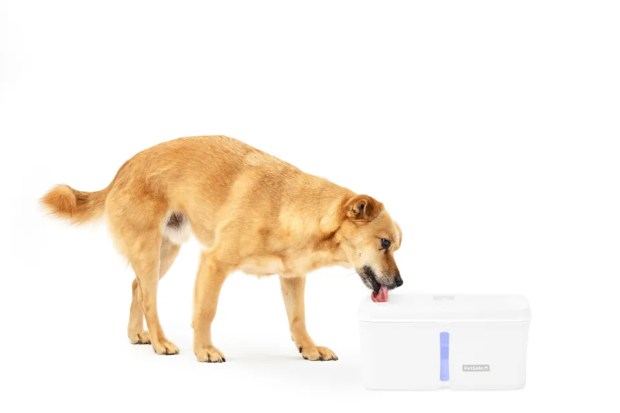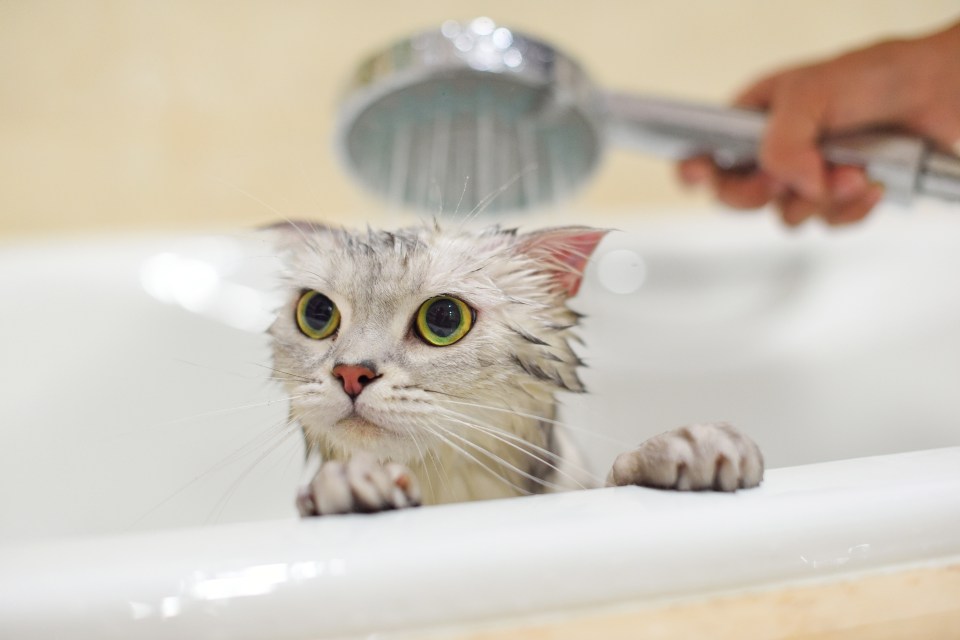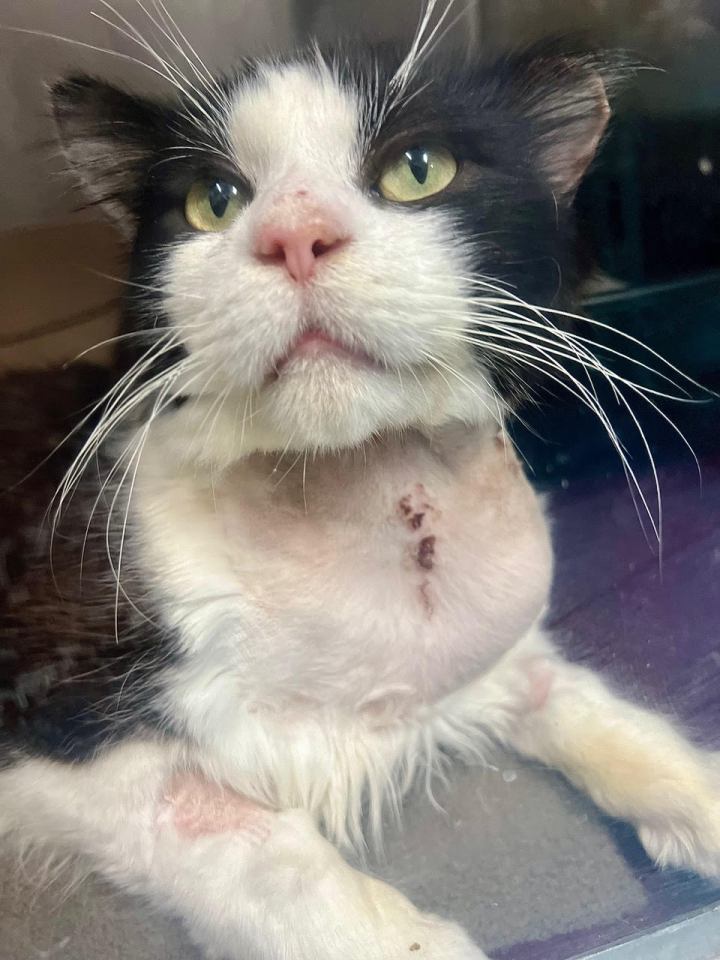HE is on a mission to help our pets . . . and is here to answer YOUR questions.
Sean, who is the head vet at tailored pet food firm tails.com, has helped with owners’ queries for ten years.
Q: DO you have any advice about how to give a cat a bath?
Sometimes our tabby Ziggy comes home covered in mud but she seems to hate the water and runs a mile every time I try to coax her into the bath.
Should I just wait for her to clean herself?
Barry Martins, Glasgow
Sean says: Probably best to just towel her off rather than try to bathe her.
Cats infamously hate water, most anyway.
So it would probably be quite distressing for her to force a bath on her regularly, and may even ruin your close bond.
There are good brushes and microfibre pet towels that will do the job more quickly and with less stress.
Ziggy will do the rest, no stress.
Q: I hope you can help.
Do you know of a way I can stop my dog from constantly digging holes in the garden?
He goes through the flowerbeds, dislodging all the bulbs I have planted, and digs great big holes in the lawn — it’s a mess and the neighbours are getting sick of me shouting at him!
Jenny Cooper, Durham, Tyne and Wear
Sean says: If he’s a digger, he’s a digger, and there’s not much you can do to get rid of that motivation besides limiting his access to the garden.
And that’s not exactly practical or fair.
He may just be bored or have bags of energy.
I have to ask how much you exercise him, play and interact with him, challenge his brain and so on.
Most so-called destructive behaviours in dogs, many of which are completely natural behaviours I must add, are because a dog is bored.
If he’s shut out in the garden on his own for long periods, he will find something to do.
The trick is possibly to redirect this behaviour to an area he is allowed and encouraged to dig in.
What about building him his very own designated sand pit, hiding toys in it and training him so that he gets rewarded for digging there and there only? Win win!
Q: WE rescued a German Shepherd called Sadie more than a year ago.
She was a stray found in Wales.
When we first saw her, she was in a terrible state, with clumps of hair hanging out of her body.
The problem we still have is the hair loss.
Her bed and the house are covered in hair every day.
We have to vacuum sometimes twice a day, and when you stroke her, it just falls out.
Our vet did a blood test and everything was OK.
She recommended us to try Coatex capsules.
Sadie has been on these for seven weeks now, with little improvement.
It was also recommended to brush her every day, which we now do.
Where do we go from here?
Any help would be greatly appreciated.
Gay Cashmore, Gloucestershire
Sean says: Oh dear. Speak with any Shepherd owner and they will tell you you’re not alone here.
This is a breed with a lot of coat, and it just sheds and sheds.
It can take some time to see changes in coat health, as it depends on what stage of the hair’s growth cycle Sadie is in.
Following a period of poor health it could be going into overdrive.
So give it time and be patient. I would agree with your vet — that the Coatex capsules are a good idea.
Daily brushing with a slicker grooming brush is also going to help.
But you may need to accept that your house is now a hairy-dog home.
Star of the week
MEET brave moggie Mustang, who has survived a rare illness against the odds.
The two-year-old stray was found gasping for breath in Greenwich, East London, and taken to the nearby Lewisham branch of the Celia Hammond Animal Trust.
Trustee Jill Zucca said: “Our vets found he had the very rare and serious condition laryngeal paralysis, where the muscles that open the vocal cords stop working.”
Mustang had an emergency tracheotomy last month followed by complex surgery to help him breathe on his own.
Jill said: “His gentle spirit shines through.
“Clearly Mustang had a home once and we will make sure his next one will be for ever.”
See celiahammond.org.
WIN PetSafe gift bundle worth more than £450

KEEP your four-legged friend healthy, hydrated and entertained in 2025 with this brilliant PetSafe gift bundle, worth more than £450.
One lucky reader has the chance to win a 4.1 litre Viva Pet Fountain, a Smart Feed Automatic Feeder AND an Automatic Ball Launcher.
To enter, send an email headed NEW YEAR to [email protected] by Jan 12.
See uk.petsafe.net.
T&Cs apply
Race is on to support greyhounds
ANIMAL charities are joining forces to highlight the plight of greyhounds.
New research by Pets4Homes, the UK’s largest pet rehoming organisation, shows that numbers of the breed being abandoned has nearly doubled in the last decade.
Plus around 3,000 have been put to sleep or died from their injuries in the last six years, after being raced.
Last year Blue Cross launched a petition to get greyhound racing banned in the UK, which was supported by RSPCA and the Greyhound Trust.
Hayley Bradley, founder of Hector’s Greyhound Rescue, near Aberyswyth, says: “There’s not enough rehabilitation centres.”
Hayley, 53, named her charity after a greyhound she found dying by the roadside.
She says: “He had been thrown out of a van, emaciated.
“I got him back to health and that’s when I needed to do something.”
She added: “The care we provide in cold weather includes special coats, heat lamps and bedding.
“The combination of specialised supplies, energy costs rises and daily attention makes caring for them more intensive and costly.”



